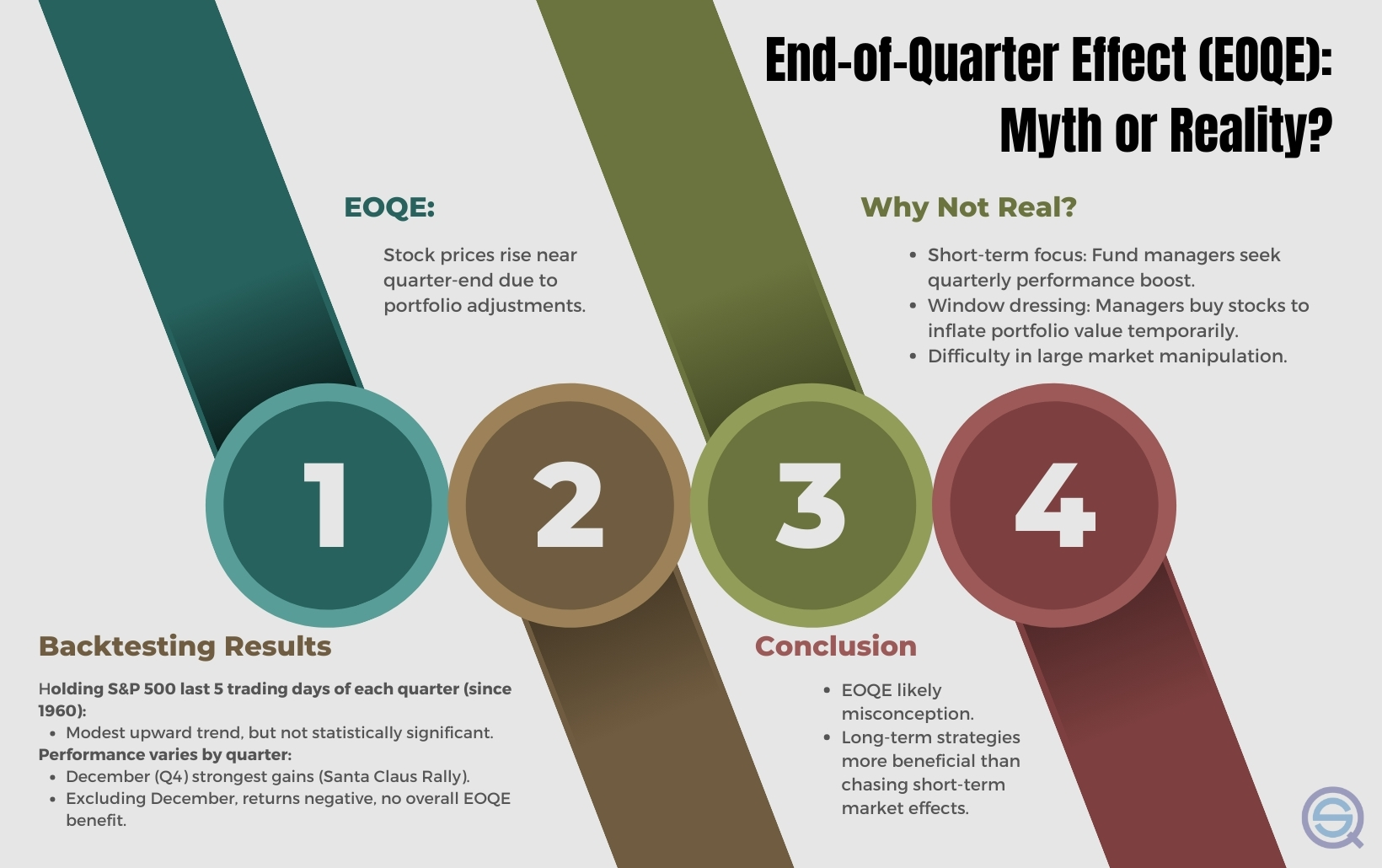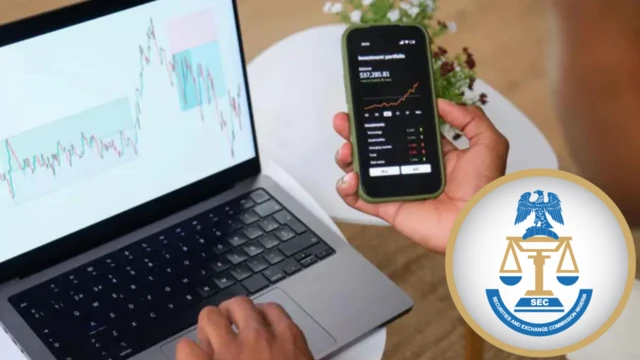Did you know that the rumor mill can sometimes spread faster than a news flash, making it a trader's best friend or worst enemy? In the world of day trading, understanding the nuances between insider trading and market rumors is crucial for making informed decisions. This article dives into what insider trading is, how market rumors can sway traders, and the key differences between the two. We'll explore the legality of insider trading, how to spot insider signals, and the impact of rumors on stock prices. Additionally, you'll learn about the risks involved when acting on rumors, as well as strategies to distinguish between credible information and mere speculation. Finally, we’ll touch on the regulatory landscape and ethical considerations surrounding these practices. Join us at DayTradingBusiness as we equip you with the insights needed to navigate these complex trading waters!
What is insider trading in day trading?
Insider trading in day trading is when someone uses confidential company information not available to the public to buy or sell stocks for quick profit. It involves trading based on non-public, material information that can influence a stock's price. This practice is illegal and gives the trader an unfair advantage over others who rely on public data.
How do market rumors influence day trading decisions?
Market rumors can prompt quick buy or sell moves in day trading, as traders react to perceived inside information or false signals. They create volatility, pushing stocks up or down based on speculation rather than fundamentals. Traders often act on rumors to capitalize before the truth emerges, risking losses if the rumors are false. Unlike insider trading, rumors aren't illegal but can lead to unpredictable, impulsive trades influenced by incomplete or inaccurate info.
What are the key differences between insider trading and market rumors?
Insider trading involves illegal buying or selling of stocks based on confidential company information. Market rumors are unofficial, unverified reports or speculation about a stock’s future, often spread informally. Insider trading relies on privileged knowledge not available to the public, while rumors are public but unconfirmed. Trading on insider info is illegal; acting on rumors may be risky but isn't inherently illegal. Insider trading can lead to legal penalties, whereas rumors can cause volatility but don't carry legal consequences unless used with insider info.
Can insider trading be legal in day trading?
No, insider trading is illegal in day trading. It involves using non-public information to gain an unfair advantage, which violates securities laws regardless of trading frequency.
How do traders identify insider trading signals?
Traders spot insider trading signals by watching for unusual stock movements, such as sudden price spikes or drops without news, and volume surges that don’t match public info. They monitor regulatory filings for insider transactions, like large stock sales or purchases reported to the SEC. Social media, financial news, and forums can also hint at insider knowledge, especially if credible sources mention private info. Technical analysis reveals abnormal patterns or breakouts ahead of news, and some traders use algorithms to detect these anomalies in real-time.
How do rumors impact stock prices during the trading day?

Rumors can cause quick, sharp moves in stock prices during trading hours by sparking speculation and panic. Traders react fast, buying or selling based on perceived news, which creates volatility. Unlike insider trading, rumors aren’t based on verified info, so prices often swing wildly before settling. This can lead to sudden gains or losses, making day trading riskier but potentially more profitable if you spot the trend early.
What risks do traders face when acting on market rumors?
Traders acting on market rumors risk making false decisions based on inaccurate or manipulated information, leading to significant financial losses. They can also face legal trouble if rumors are considered insider trading or market manipulation. Rumors can cause sudden price swings, increasing volatility and unpredictability. Acting on rumors without verification can damage reputation if the information proves false.
How can traders differentiate between legitimate insider info and rumors?
Traders differentiate legitimate insider info from rumors by verifying sources—trusted news outlets, official company statements, or regulatory filings. Genuine insider info often comes from known contacts or official disclosures, not anonymous tips. Cross-check any claim with multiple reliable sources before acting. Beware of sudden, unverified tips that push stock prices quickly, which are typical of rumors. Use skepticism and confirm authenticity to avoid falling for false market rumors.
What are the legal consequences of insider trading?

Legal consequences of insider trading include hefty fines, disgorgement of profits, and imprisonment, often up to 20 years. It can also lead to civil penalties, asset forfeiture, and damage to reputation. Authorities like the SEC aggressively pursue insider trading cases, making violations costly and career-ending.
How do market rumors develop and spread among traders?
Market rumors develop when traders or insiders share unverified information, often to influence stock prices. They spread through social media, chat groups, financial news outlets, and word of mouth among traders. Rumors gain traction when they seem plausible, are repeated by influential traders, or are timed around market events. Insider trading can seed rumors by leaking confidential info, but rumors can also originate from speculation or intentionally misleading signals. Once circulated, traders buy or sell based on these rumors, amplifying their impact on the market.
What role do news outlets play in rumor-based trading?
News outlets can spread rumors quickly, influencing trader perceptions and decisions. When they report unverified information, it can trigger rapid market moves, fueling rumor-based trading. Traders often react to these reports, sometimes acting on false or exaggerated news, which can lead to insider trading risks or market volatility.
How does insider trading affect market fairness?
Insider trading undermines market fairness by giving insiders an unfair advantage, allowing them to profit from non-public information while others trade without that edge. It distorts price discovery, making markets less transparent and eroding trust among investors. When insiders profit illegally, it creates an uneven playing field, discouraging honest traders and damaging overall market integrity.
Learn about How Does Insider Trading Affect Day Traders?
What are common signs of insider trading activity?
Common signs of insider trading include sudden, unexplained stock price jumps or drops, unusually high trading volume before news leaks, and profit patterns inconsistent with market trends. Watch for traders who consistently buy or sell just before major company announcements or earnings reports. If someone seems overly confident or has privileged information, that's suspicious. Mirrored moves among insiders or large trades by individuals with no public reason also signal potential insider trading.
How can traders protect themselves from acting on false rumors?

Traders can protect themselves from false rumors by verifying information through multiple reputable sources before acting, avoiding impulsive trades based on unverified chatter, and sticking to proven analysis rather than rumors. Using stop-loss orders and maintaining disciplined trading plans also reduce risk from false rumors.
What tools help detect insider trading and rumor-based movements?
Tools like SEC’s EDGAR database, FINRA’s Market Surveillance, and Bloomberg Terminal help detect insider trading. For rumor-based movements, social media monitoring tools like StockTwits, Twitter sentiment analysis, and news aggregators such as Benzinga or Reuters are effective. These tools analyze trading patterns, news flow, and social chatter to identify suspicious activity.
How do regulatory agencies monitor insider trading?
Regulatory agencies like the SEC monitor insider trading through surveillance of trading patterns, analyzing suspicious transactions, and reviewing corporate disclosures. They use advanced algorithms and data analytics to spot unusual activity that might indicate insiders trading on non-public information. Agencies also rely on tips, whistleblower reports, and cooperation with exchanges to track potential violations. Investigations often involve subpoenaing records, interviewing witnesses, and scrutinizing communication channels for evidence of illegal trading.
Learn about How Do Regulatory Bodies Monitor Day Trading?
What ethical issues surround insider trading in day trading?
Insider trading in day trading raises ethical issues like unfair market advantage, betrayal of trust, and market manipulation. It undermines fair competition, giving insiders an illegal edge over regular traders. This erodes investor confidence and distorts market integrity. Using non-public information violates ethical standards of honesty and fairness, impacting the overall health of financial markets.
Learn about What Is Insider Trading in Day Trading?
Conclusion about Insider Trading vs. Market Rumors in Day Trading
In summary, understanding the distinction between insider trading and market rumors is crucial for day traders. While insider trading involves non-public information that can lead to significant legal repercussions, market rumors can sway stock prices and trading decisions without the same legal implications. By utilizing tools and staying informed, traders can better navigate these complexities. For deeper insights and strategies on trading safely and effectively, explore the resources available through DayTradingBusiness.
Learn about Insider Trading and Market Manipulation in Day Trading
Sources:
- I only fear when I hear: How media affects insider trading in takeover ...
- Market manipulation by rumormongers: Evidence from insiders ...
- Insider trading and information asymmetry: Evidence from the Korea ...
- The impact of illegal insider trading in dealer and specialist markets ...
- Do insiders have inside tracks: An examination of Wall Street ...